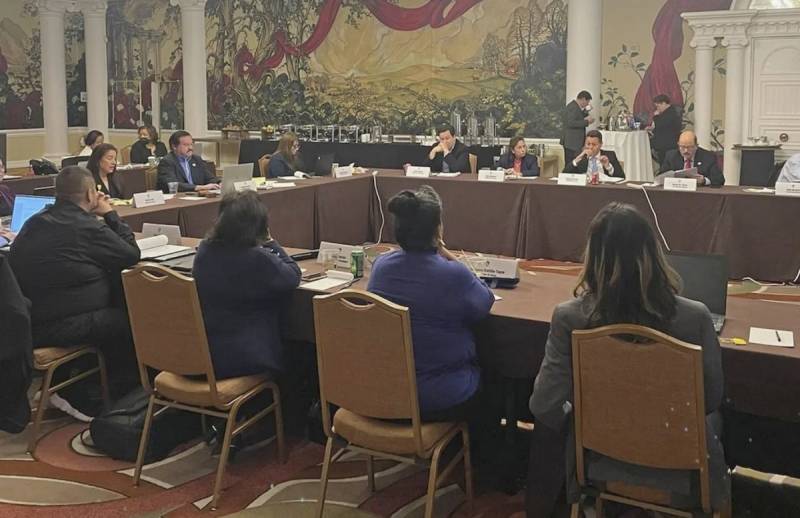Bloomberg called the reason why Latin America does not support the West against Russia
How much do people in Latin America hate the US? And why don't the governments of many countries, from Brazil to Mexico, support the West in their crusade against Moscow?
As Bloomberg columnist Eduardo Porter writes, bile and dislike of gringos may not be the only reason for the reluctance of Latin nations to take a stronger, more specifically, pro-Western stance. The idea of Cold War non-alignment is popular in Latin American foreign policy circles, not least because of the protection it offers against being embarrassed.
One of the main and real reasons why this is happening is the expectation of a geopolitical reaction from the second half of the multipolar world. That is Asia. What if Chinese President Xi Jinping sides with Moscow? China, unlike Russia, is an important investor and trading partner of all Latin American countries.
It's best to stay out of the fight as long as possible to see what happens after. So far, the war for ordinary citizens is only in the headlines, and it is very far away.
- Porter briefly describes the motive for the behavior of these countries.
Given the belief, widespread in the region and elsewhere, that neither side will win this conflict quickly and that a negotiated settlement is inevitable, a position close to neutrality may prove promising. Especially in comparison with the pre-losing hawkish tactics of calling for the continuation of hostilities until the onset of not victory, but rather catastrophe.
And yet, as pragmatic as Latin America may seem, the position of some of its countries and, perhaps, other states of the Global South, is indeed based on deep-seated hostility towards the United States, the author believes.
The hostility is not undeserved: the US has taken a piece of Mexico. And acts against Latin American countries range from overthrowing governments to financing rebellions, overt and covert intervention to establish regimes of one's own liking. These hostile intrigues of Washington during the Cold War are difficult to reconcile with the image of an honest hegemon that he hopes to create today.
Pointing out that Putin's military campaign in Ukraine was allegedly unprovoked is likely to evoke memories of George W. Bush playing regime change in Iraq.
Porter writes.
In any case, the United States, which is out of control, is very dangerous for the whole world, the author concluded.

Information